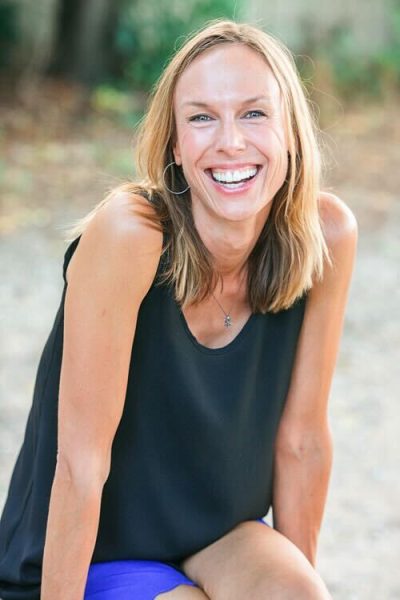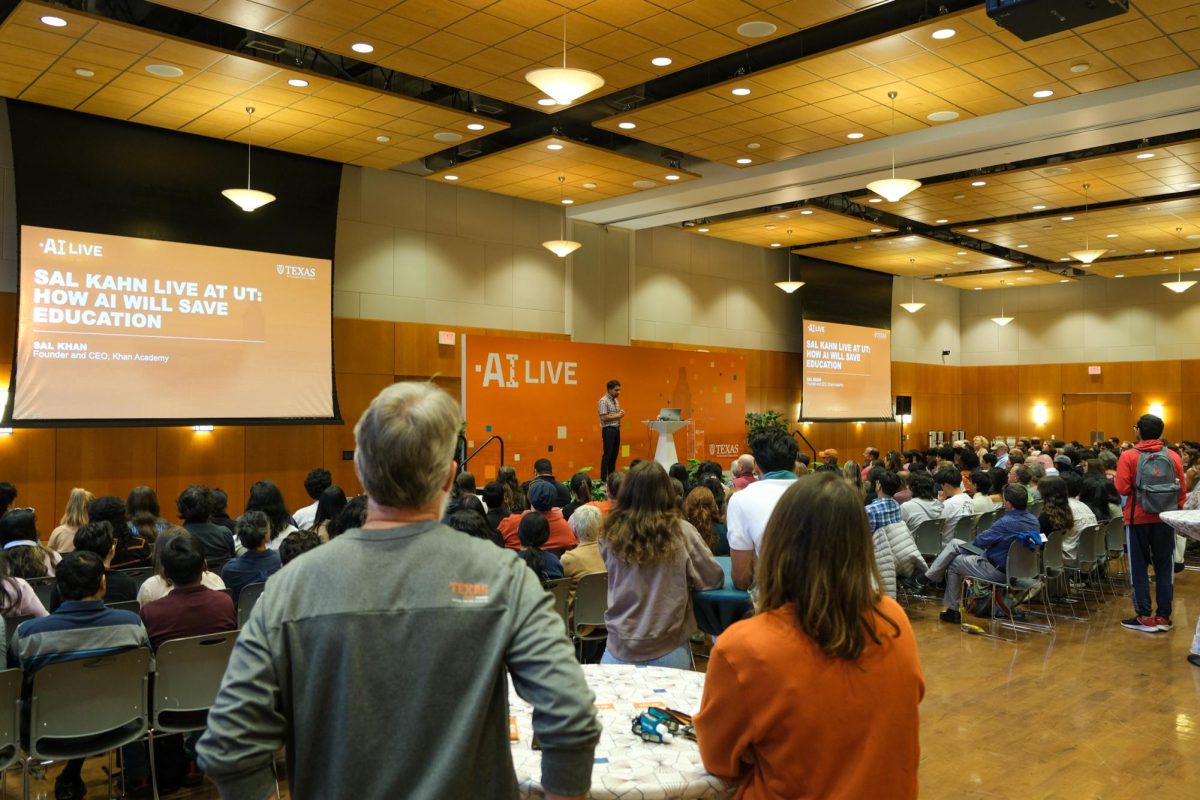The Division of Housing and Food Service will welcome freshmen into the first Living Learning Communities on UT campus in the fall.
Housed together in sections of Whitis Court, Kinsolving and Moore-Hill residence halls, students in one of the five new communities will explore a topic of interest through additional programming and activities.
Aaron Voyles, an associate director for Housing and Food Service, said this specialized housing option was developed as a response to students’ requests to learn and engage with faculty and staff outside of the classroom.
“There’s a lot of schools that have been doing living learning communities, but we wanted to put them in place in a way that was going to work for UT,” Voyles said. “Each learning community that we have actually has a different curriculum that we work to build with our campus partners.”
Voyles said the Global, Women in Engineering and Women in Natural Sciences living learning communities developed from University programs with existing residential components. Partnering with the Office of Sustainability and the Center for Students in Recovery, DHFS also created two new residential programs for the Healthy Lifestyles and Sustainability Living Learning communities.
After adding applications for the Living Learning communities to the existing on-campus housing application, the DHFS invited a different number of students to each community to help fit the goals of campus partners. DHFS invited 50 students from a variety of countries and cultural backgrounds to the Global community in Whitis Court. Forty female students in the Women in Engineering community and first-year interest group will reside in the Kinsolving dormitory, where the Women in Natural Sciences community will also be housed.
Elizabeth Morgan, coordinator for the Women in Natural Sciences program, said the Living Learning communities allowed them to expand their competitive support program and house 53 students with a resident advisor.
“For the first time this year, they’re all on the same floor of Kinsolving,” Morgan said. “I think that’ll make a big difference on them getting to know each other, doing things as a group and doing specific activities with their RA related to women in science.”
For Neil Kaufman, the sustainability coordinator for DHFS, said the community will provide the opportunity to immerse 40 students in sustainable initiatives at UT through tours of campus energy, food service and zero- waste programs.
“These are students that are passionate, inspired and are energized,” Kaufman said. “We want to be able to offer them a platform and space to experiment with all their great ideas.”
In partnership with the CSR, the Healthy Lifestyles community will bring together 16 students pursuing wellness goals and a sober lifestyle at Moore-Hill Residence Hall.
Voyles said the DHFS expects to continue the five communities in the future and hopes to add more by the fall of 2018.
“(The five communities) all look like they’re verged to be really successful,” Voyles said. “We’re hoping to expand with at least a few more for next year so we can continue to offer a diversity of options for our students.”

















